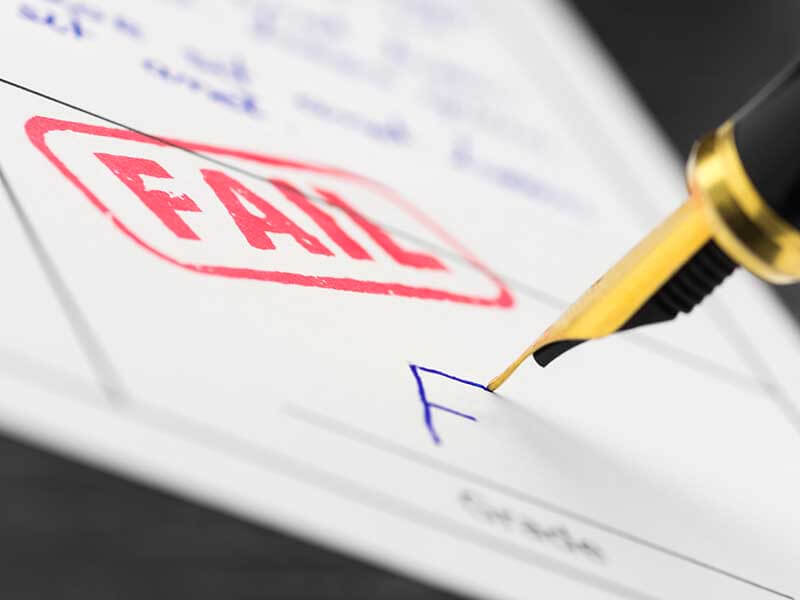Less than 40 percent of the applicants for Malta’s cryptocurrency agent certification have managed to pass the official exam. The large number of failures comes even after last-minute changes were made to boost the pass rate.
Increased Scrutiny
Last month, Live Bitcoin News reported that Malta will enact two new blockchain bills starting November 1st. One of them is the Virtual Financial Assets Act (VFA). Under its stipulations, financial service practitioners who look to act as agents in the field of cryptocurrencies need to undertake a short training course and, after that, pass an exam. The first of those took place in September.
Local media, citing sources familiar with the matter, reports that the exam saw participation from about 250 lawyers, auditors, and accountants. It was held by the Malta Financial Services Authority and administered by the Institute of Financial Service Practitioners.
Initially, the exam consisted of multiple-choice questions and was supposed to be graded with a negative marking scheme. However, shortly after the process began, it reportedly became clear that the pass rate was particularly low. Hence, authorities made last-minute changes, scrapping the negative marking scheme in order to increase the pass rate.
Unfortunately, this didn’t do participants much good as more than two-thirds of them failed the exam anyway.
Full Steam Ahead Nevertheless
Despite the dismal pass rate on the exam, Malta’s overall stance on cryptocurrencies remains unwaveringly positive. Earlier this month, the Prime Minister of Malta, Joseph Muscat, reaffirmed his overly positive sentiment towards cryptocurrencies at the 73rd annual UN General Assembly:
I passionately believe technology revolutionizes and improves systems. This is why in Malta, we have launched ourselves as the blockchain island. By being the first jurisdiction worldwide to regulate this new technology that previously existed in a legal vacuum. Blockchain makes cryptocurrencies inevitable future of money. More transparent, it helps filter good business from bad business. – Said Muscat.
Furthermore, Malta also expressed willingness to assist their fellow island nation Vanuatu with developing a strong blockchain regulatory framework.
What do you think of the high failure rate at Malta’s cryptocurrency agent exam? Don’t hesitate to let us know in the comments below!
Images courtesy of
